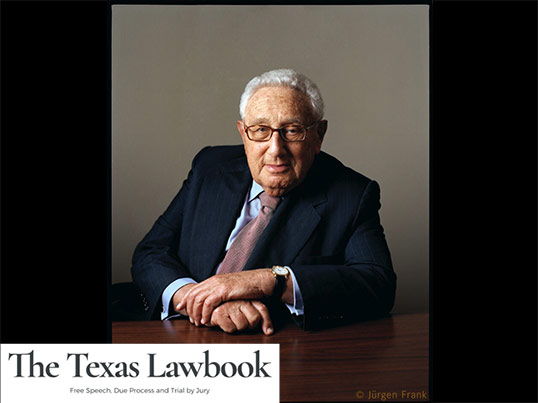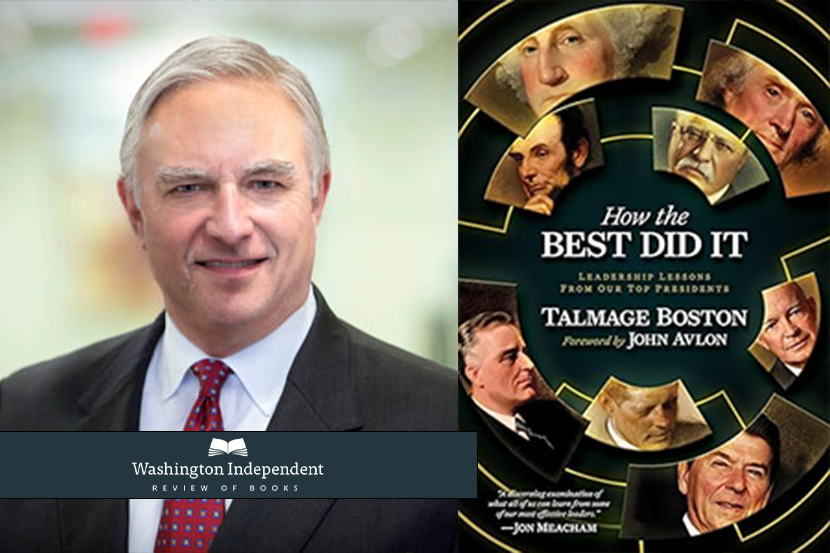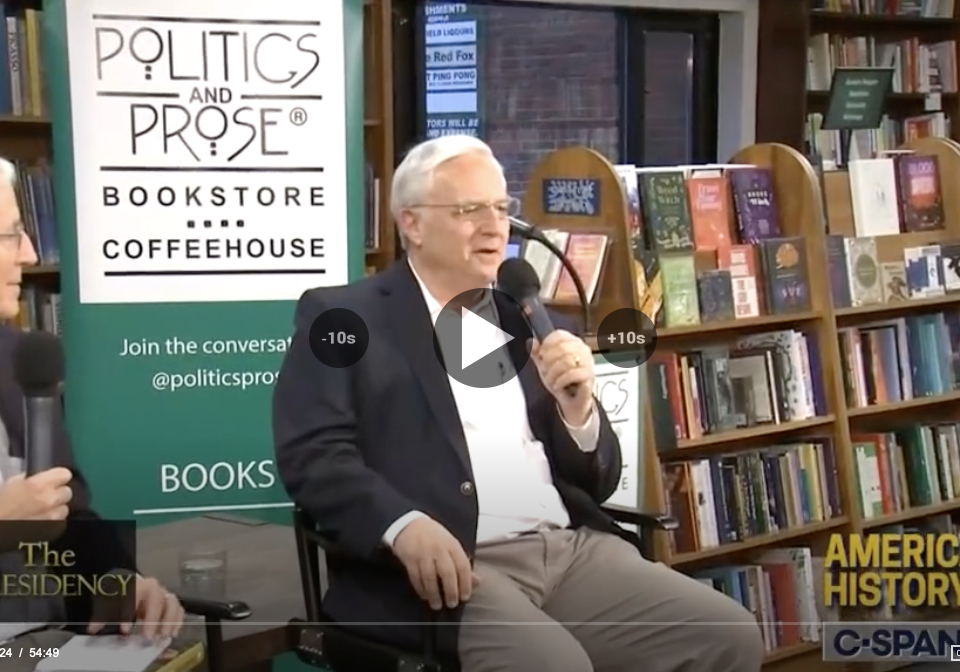In his new book, Leadership: Six Studies in World Strategy (Penguin 2022), Henry Kissinger recounts the wisdom of Winston Churchill when asked by a student in 1953 on how best to prepare for the challenges of leadership. The Last Lion’s emphatic response: “Study history. Study history. In history lie all secrets of statecraft.”
This advice should be especially useful for lawyers these days since an increasing number of attorneys in the 21st century have leveraged their legal training and lawyering to become leaders of businesses, universities, nonprofits, government institutions, and, of course, large law firms. Due to this surge in lawyers being called to lead a wide variety of organizations, in recent years law schools all over the country have added courses to their curriculum aimed at training the skillset of future lawyer leaders.
Who better to address the subject of great leadership traits than Dr. Kissinger, secretary of state and national security advisor under Presidents Richard Nixon and Gerald Ford, and foreign policy counselor to every American commander-in-chief from John F. Kennedy through Barack Obama, and who over the course of his legendary diplomatic career has had major dealings with more global leaders than anyone in the world.
Based on his vast experience, Kissinger, who is still going strong at the age of 99, in his new book explores the most successful traits of the six top leaders he encountered during his distinguished career – Konrad Adenauer (leader of Germany from 1949-1963), Charles de Gaulle (leader of France from 1944-1946 and 1958-1969), Nixon (leader of the United States from January 1969-August 1974), Anwar Sadat (leader of Egypt from 1970-1981), Lee Kuan Yew (leader of Singapore from 1959-1990) and Margaret Thatcher (leader of Great Britain from 1979-1990) – selected because they each “transcended circumstances by their vision and dedication” and thereby “redefined national purposes, opened up new vistas, and contributed a new structure for a world in transition.”
A gifted analyst and synthesizer, Dr. Kissinger identifies the following key “parallel qualities” shared by the six, all of which should resonate and be aspirational for lawyer leaders:
- “The capacity to understand the situation in which their nations found themselves;
- The ability to devise a strategy to manage the present and shape the future;
- The skill to move people toward elevated purposes;
- The readiness to rectify shortcomings, and
- Their faith in the future.”
Though the six chosen leaders had the aforementioned commonalities, Kissinger found that each of them also had certain traits at which he or she was particularly adept, all worthy of emulation by any lawyer who sets his sights on leading a group of people:
- Adenauer: “humility, integrity, and persistence.”
- de Gaulle: “unyielding determination and historical vision.”
- Nixon: the “ability to find equilibrium in the midst of constantly shifting international situations and his strength in making decisions.”
- Sadat: “ascendance over and above his nation’s past ineffective policies, and the spiritual elevation with which he forged peace.”
- Lee Kuan Yew: the “commitment to excellence in all aspects of his country and imagination in founding a new multiethnic society.”
- Thatcher: “strength of conviction, principled leadership, and tenacity.”
The profiles of these six exemplary leaders chosen by Kissinger average 63 pages in length, making the book highly readable and most definitely not an intimidating doorstop. More importantly, it’s an exhilarating read given that today, when the world has so few exemplary leaders, the book elevates the reader to a place where best leadership practices in fairly recent world history can be fully grasped and then followed by leaders with the courage and character to put themselves in positions where circumstances are properly analyzed, risks are managed, means fit ends, prudent decisions are made, trust is earned and promises are kept, and all these desired parts of the process allow one’s business to move forward from where it is now to new and better places never experienced before.
For any lawyer now leading or aspiring to lead any type of organization, it’s hard to imagine a tighter, more informative account of the most important leadership traits worthy of mirroring than what’s laid out in this book. Because Henry Kissinger fully embraced Churchill’s mandate to “study history” and has distilled its essential points in his new book by analyzing these six world-changing leaders with whom he had extensive personal dealings, a lawyer-leader should now follow Kissinger’s example and study the history contained in this book in order to have a clearer roadmap of how to get where he or she wants to go toward running a prosperous enterprise.
Talmage Boston is a partner in the Dallas office of Shackelford, Bowen, McKinley & Norton, LLP, and the author of four critically acclaimed history books. His next book, How the Best Did It: Leadership Lessons from Our Top Presidents will be released in the fall of 2023.





